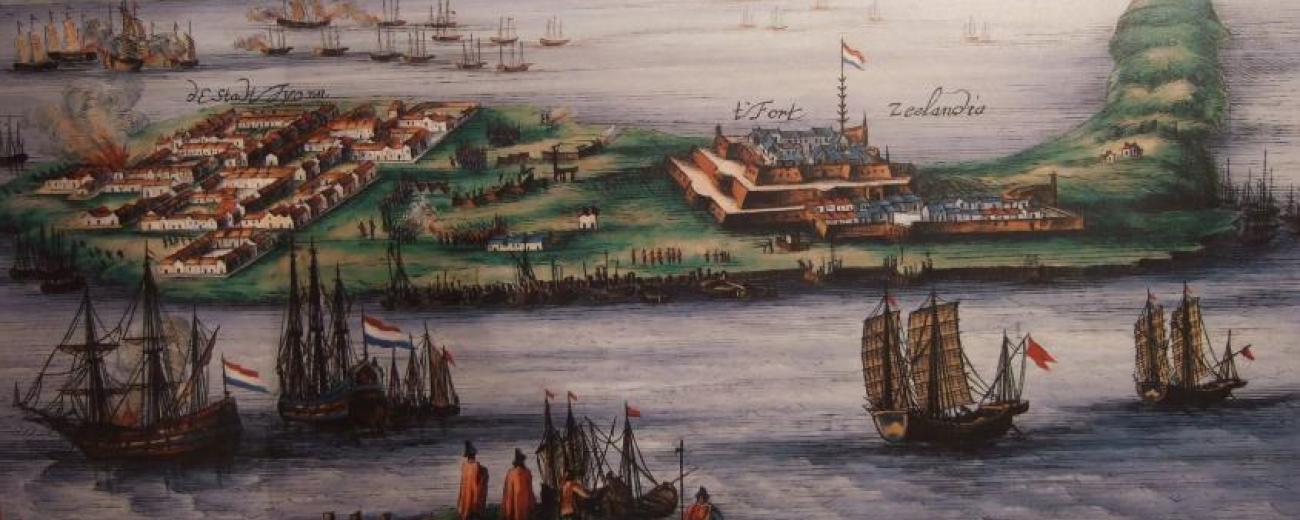
The History of the Book in the Dutch and Spanish colonial periods in Taiwan

Key information
- Date
- Time
-
3:00 PM to 5:00 PM
- Venue
- Brunei Gallery, SOAS, University of London
- Room
- B205
About this event
The History of the Book in the Dutch and Spanish colonial periods in Taiwan
Since the 1980s, an emerging field of academic enquiry has been the history of the book. This is a broad field of enquiry incorporating work by textual scholars, philologists, social historians, and cultural historians. Whilst scholars have published work on the history of the book in other parts of East Asia including China, Japan, and the Philippines, to date little has been written about this history in Taiwan. The aim of this paper is to address this situation by analyzing the first chapter, as it were, of the history of the book in Taiwan. Prior to European colonization, Taiwanese culture was essentially oral, and so the introduction of the book marked a radical cultural shift. Two principal actors, the Dutch East India Company (VOC) (1623/4-62), and the Spanish (1626-42), brought books to Taiwan and compiled texts on the island, many of which supported missionary activity. Studying the book history of Taiwan offers a new way into thinking about the people who made these books and the meanings that they wanted to encase in text and transmit. Themes that the paper addresses include books as material objects, manuscript culture, printed books, authors and readers, censorship, transmission, libraries and collectors, and catalogues. In short, this paper offers a first look at the early book history of Taiwan.

Speaker's Biography: Christopher Joby
Christopher Joby
Christopher Joby is currently a Research Associate of CTS. He has taught Dutch language, culture, and history at universities in the UK, South Korea, and Poland. His research explores the intersection between the Dutch culture and language and other cultures and languages.
In 2019, he was a Taiwan Fellow. From 2020 to 2022, he was a Visiting Scholar at the Institute of Linguistics, Academia Sinica, and a grant recipient from the Chiang Ching-kuo Foundation. He has published several articles on the linguistic and cultural history of Taiwan and is currently writing a book on the reception of the Christian Gospel in seventeenth-century Taiwan.” He has also contributed articles to the Encyclopedia of Taiwan Studies and the Handbook of Formosan Languages.


